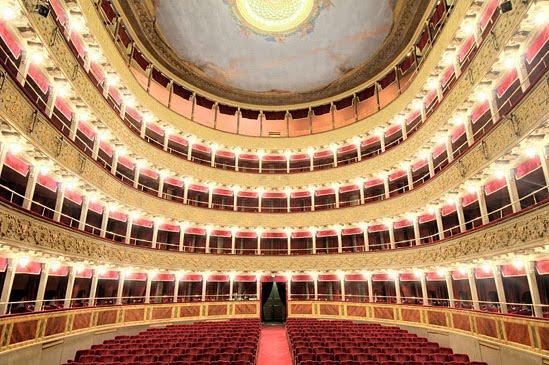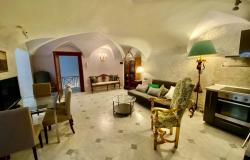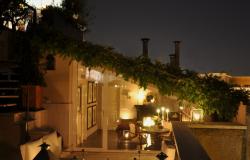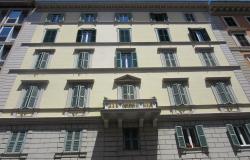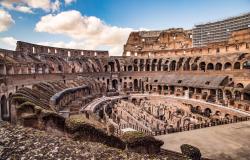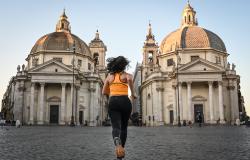Two years after Rome’s Teatro Valle theatre faced closure because of cutbacks, it remains open. Protesters took over the building and spawned a movement to fight to keep threatened arts venues running.
A former opera house, the Teatro Valle is Rome’s oldest functioning theatre and has an important place in Italy’s cultural heritage, staging premieres of operas by Gioachino Rossini and Gaetano Donizetti in the 19th century. It is where Luigi Pirandello’s ‘Sei personaggi in cerca d’autore’ (Six Characters In Search Of An Author) debuted in 1921, and some of the world’s greatest actors, such as Vittorio Gassman and Sarah Bernhardt, have trodden its boards.
In June 2011, protestors occupied the Teatro Valle in response to rumours that it would be privatised and turned into a restaurant. Theatre staff including musicians, directors, actors, costume makers, prop masters and lighting technicians occupied the building.
The protesters decided to keep the theatre running, and gained the support of leading figures in Italian culture including writers Andrea Camilleri and Dario Fo. The protest group formed the Fondazione Teatro Valle Bene Comune dedicated to achieving legal recognition of the theatre as “a ‘common’ land or entity, owned by all.” The foundation organises plays, performances and festivals of independent theatre in and outside Teatro Valle, as well as workshops for children. The protest movement has led to other theatres and arts venues across Italy to experiment with models of daily, bottom-up productions.
However, the occupation of the Teatro Valle has not won favour with all Italians. The Fratelli d’Italia (Brothers of Italy) rightwing political party recently called for an end to what it regards as an illegal occupation of the theatre.
